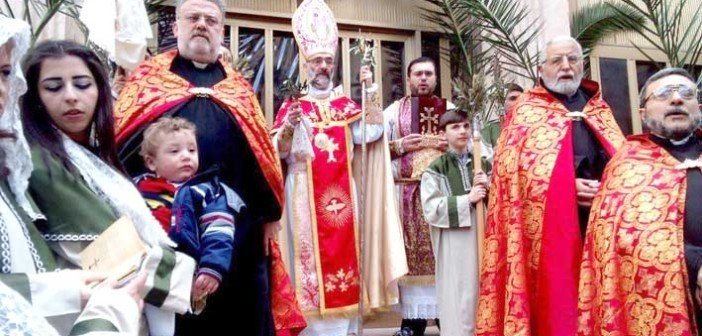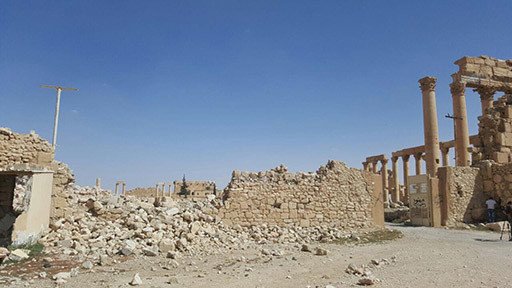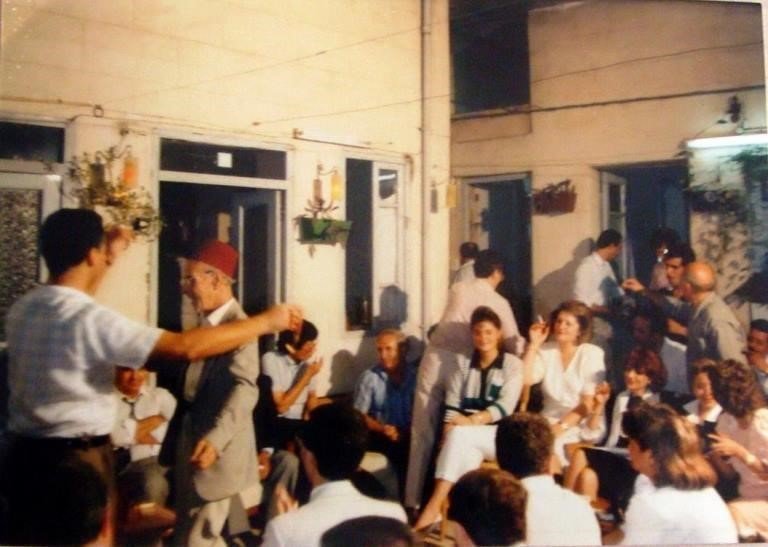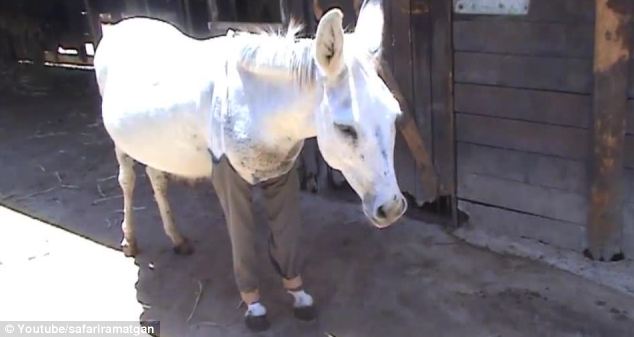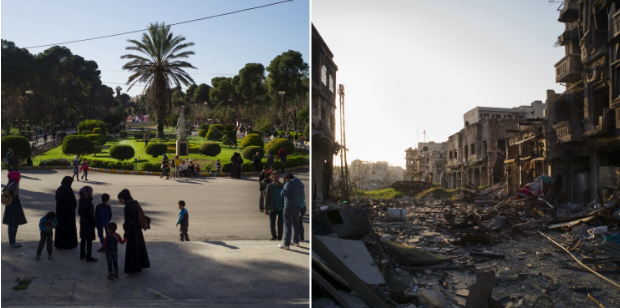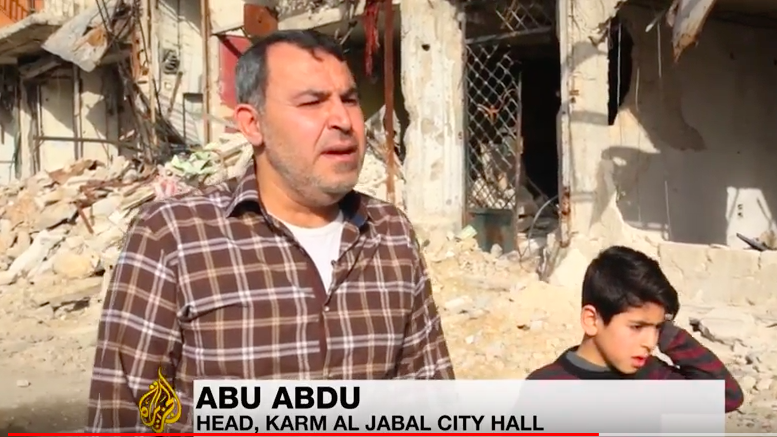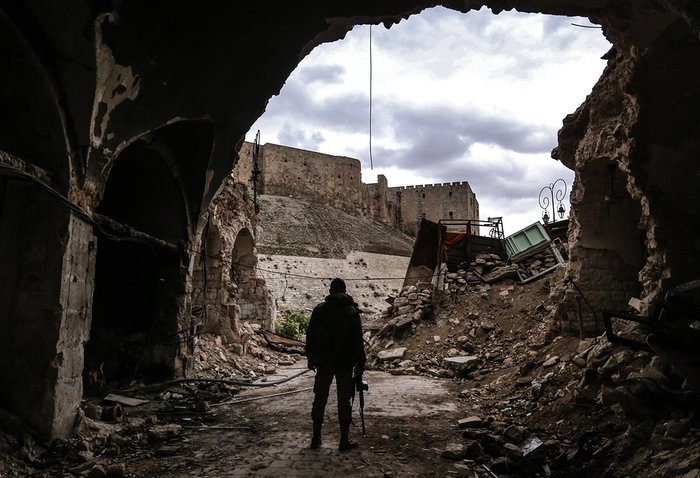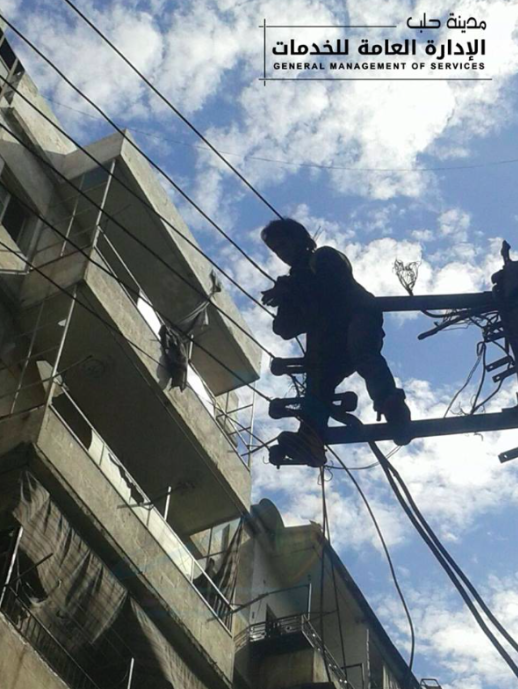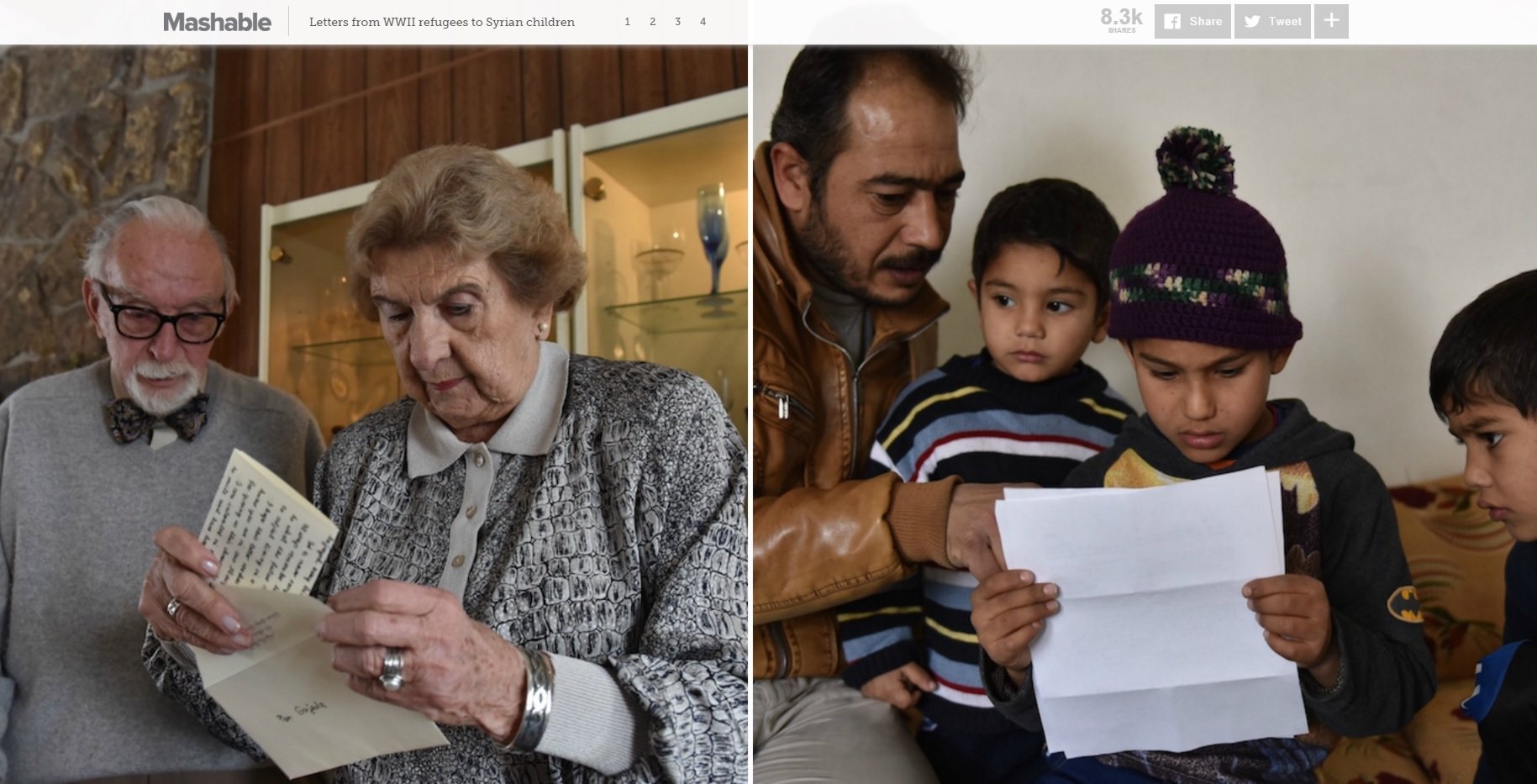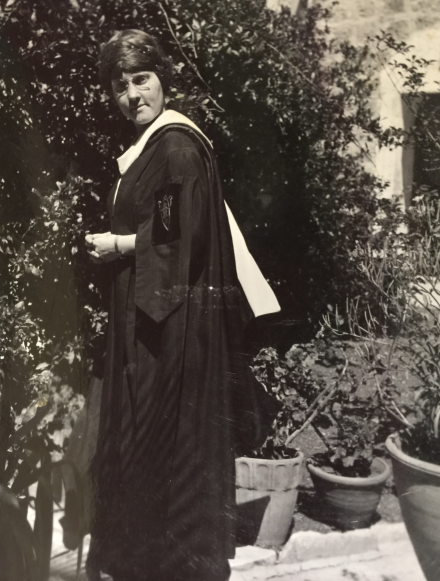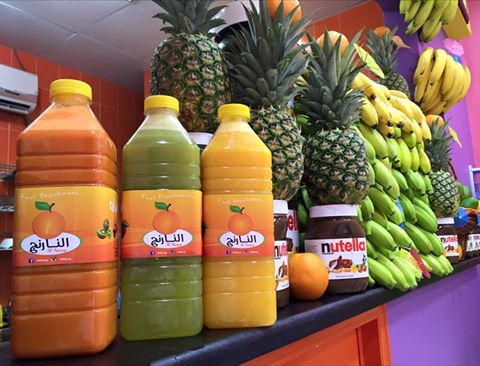“I am the mourning mother, and who comforts her,” a deep rhyme echoes in the sky of Aleppo every year.
It is the heavenly voice of the Levantine singer Fairuz that awakens Christian neighborhoods of the city. Mothers are awake earlier than usual; they open the doors to their balconies and the contest begins on whose Fairuz is loudest. It is Good Friday, one of the most important days in the Aleppian Christian calendar. Shop keepers and hair dressers are packed; working in harmony with the rhymes that mix with the fragrance of the Bakhur incense. In the afternoon, tens of thousands of Christians join a pilgrimage to the nearly forty churches of Aleppo. The old town, however, gets the largest number of pilgrims. Farhat Square in al-Jdaydeh quarter puts on its special attire. The sounds of people, peddlers and boy scout brass bands are a symphony embedded in the memory of Aleppians. The four churches that overlook the square remind Christians of their ancient roots in the city. The medieval limestone holds the memory of surviving the Mongol slaughter when Timur Lank invaded Aleppo six hundred years ago.
read more
 The Aleppo Project
The Aleppo Project